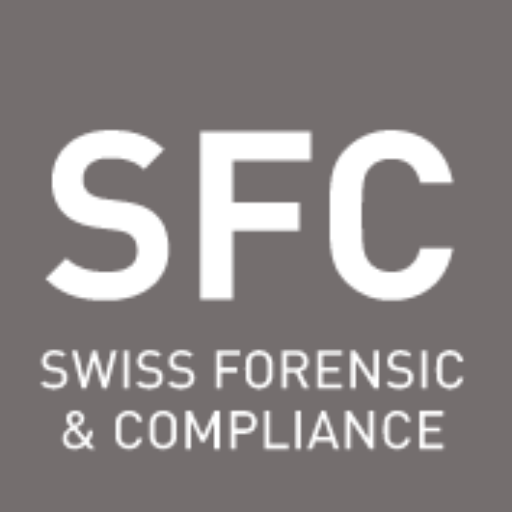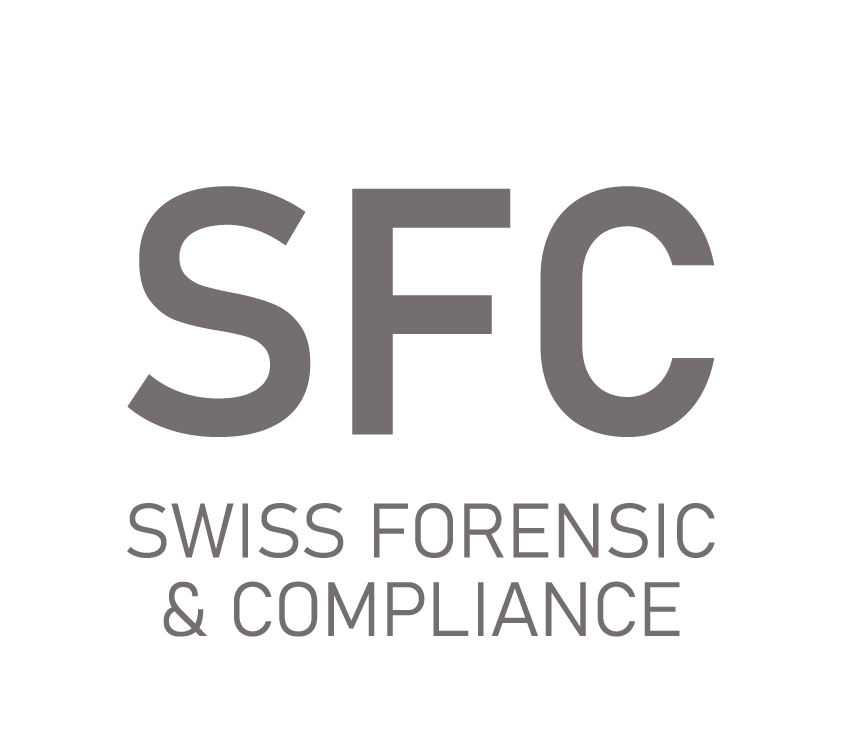Freezing oligarchs' assets: yes, but...
This article was published in ThoughtLeader4FIRE and reproduced with their permission.
As efforts to freeze the assets of Russian individuals under sanctions have made headlines, we wished to reflect on the operational difficulties caused by the complexity and opacity of the holding structures set up by their advisors.
We are not alluding to offshore companies, although our experience with Russian subject persons is not short of examples of opaque entities established in the Seychelles or Marshall Islands. We are talking about situations in European jurisdictions in which we feel at home, such as Switzerland and France.
Let’s take the example of a Swiss société anonyme registered in the Vaud canton: based on past investments in Russia and the presence of a previously identified nominee at the Board of directors, it was safe to assume that the company was linked to our subject individual (a Russian businessman). Unfortunately, no definite proof of the subject’s involvement in the company could be found. We took the time to review the full hardcopy of the corporate filings, in the hope to find any relevant lead.
Happily for us, a previous Board member had notified his resignation through a letter addressed to the subject person, and this letter was stored in the archives of the commerce registry. That was a strong indication that the subject person was the actual principal of the company. But any party bound to implement sanctions against the subject individual in question would have a hard time identifying this Swiss holding company in a straightforward way.
We faced a similar case where proving the ownership of an expensive property in France seemed nearly impossible. We knew for a fact that our subject individual (another Russian businessman) resided on a part-time basis in a large apartment in the West of Paris, and paid for various maintenance services there. However, searches at the land registry had identified the owner as the French branch of a company that was registered in Spain.
Research in that country showed that the corporate documentation of the parent company had not been filed at all, over the last few years. There were indications of the past presence of the subject individual as a director, but current or decently recent information was missing. Again, anyone with the intent to freeze the assets of the individual in question would not be in a position to identify that apartment in a straightforward way.
In some cases, identifying a holding company or an asset management company associated with a subject individual is the result of a mix of luck and simple observations made on the ground.
Let’s take the example of this Russian tycoon who had relocated to Switzerland, along with his family.
A deep web search identified an address for him at a villa in an affluent suburb of Geneva. During a site visit at that address, a luxury sedan was observed in the parking area in front of the villa’s garage. A reverse search showed that the holder of the license plate was a local asset management company, whose sole Board member was the head of a fiduciary firm. As it happens, this fiduciary firm was known to be well connected to a wealthy clientele originating from the CIS countries. Further research in the archives of the commerce registry did not bring any conclusive information about the company’s shareholders.
However, the founder of the company some years earlier was identified as a Serbian citizen. Further investigations in Serbia determined that this low- profile individual was employed by a company owned by the Russian subject individual. Again, circumstantial evidence made it likely that the latter was the beneficial owner of the company; but proving it was a long shot, and any party attempting to retrieve and freeze the assets of this individual in a straightforward manner would have missed this corporate entity.
A key takeaway of the above-mentioned cases is that the identification of certain assets is often indirect and coming as a result of multi-jurisdictional research. These features do not sound promising in the perspective of freezing assets in a fast and decisive way. For instance, the existence of the above-mentioned apartment in Paris was determined through a lucky strike in the United States, where the subject individual had notified his French address in litigation filings that we had retrieved. These typical back-and-forth investigative steps obviously call for a close cooperation between countries involved in enacting sanctions against Russian individuals.
When it comes to corporate holdings (through which other asset classes can of course be controlled), one may put some hope in the emergence of UBO registers in many jurisdictions, especially in the EU. However, a number of countries still lag behind, not to mention Switzerland (even though banking institutions are expected to systematically collect UBO information, and cooperate with authorities upon request). In addition, as recent experience in Cyprus for instance has shown, the company shareholders listed in UBO registers may still be some nominees employed by local fiduciary firms.
The business of evading transparency (and ultimately sanctions, when the day comes) is certainly not over, and creativity in that department is not expected to come to an end soon.
